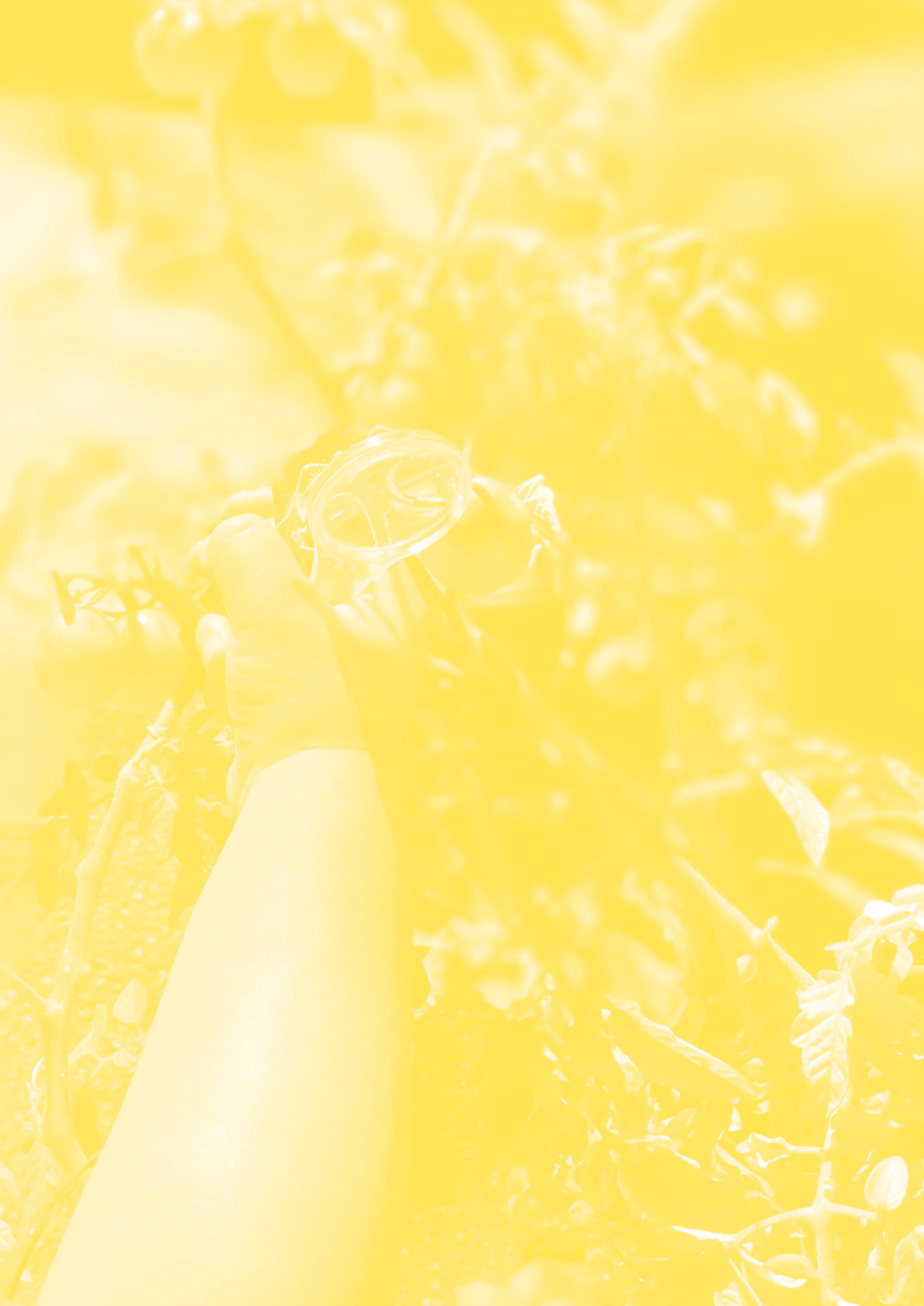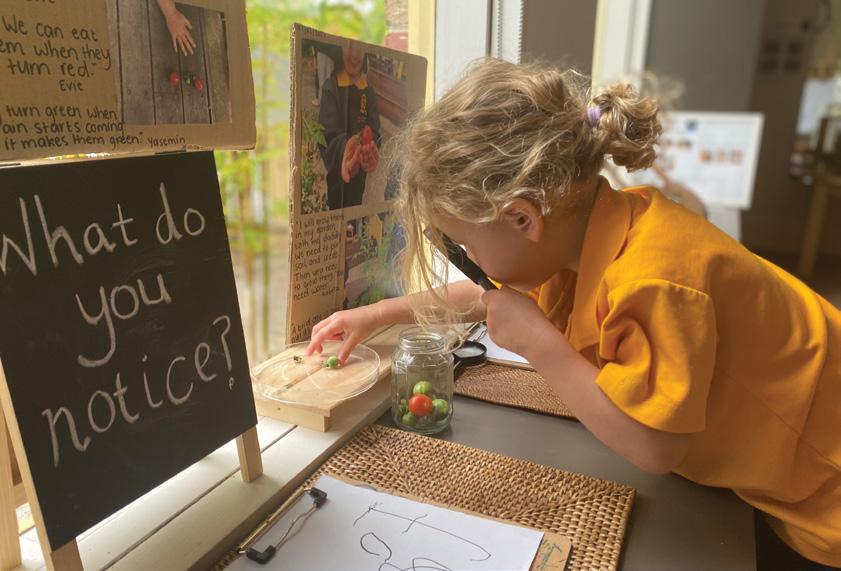
2 minute read
RUYTON EARLY LEARNING

CULTIVATING A CULTURE OF CURIOSITY AND WONDER INDOORS AND OUT
Advertisement
Over the past couple of years, Ruyton Early Learning staff have been engaging in various professional learning sessions and research projects to explore how we create a culture of curiosity, thinking, wonder and research through our work with and alongside our youngest students. Learning with and from nature and working in the outdoors has been a key focus of the pedagogy and practice at Ruyton Early Learning. This year staff in Early Learning have examined the values that underpin learning in the outdoors and reflected on how our environment authentically and consistently reflects how we see children as learners, how it affords opportunities for agency and how it enables a culture of curiosity and inquiry. With the support of educational consultant Kirsty Liljegren, we have explored outdoor pedagogy and practice; the role of the teacher; and the purpose and value of materials and loose parts in learning environments. Together, we have taken a deep dive into these ideas and linked this work to our learning teaching philosophy and our image of the child as a learner. Over time our outdoor spaces are taking a refreshed focus, as we fix our gaze on how we can enable opportunities for intentional teaching, creating a culture of thinking and make links to curriculum beyond the four walls of the classroom.
Staff have created new ways to enable a culture of curiosity outdoors, introducing tools and equipment children can access to be explorers of the world around them. Binoculars, magnifying glasses, microscopes, iPads and other tools are a feature of our outdoor learning programme, with students invited to select the tools they need for the research or inquiry they are doing at the time. So far this year these tools have been utilised by the children to search for ladybirds, get a close look at worms and how they work, and investigate and design ways to attract more birds to our garden. Our range of open-ended ‘intelligent’ materials provoke a sense of wonder, enable possibilities for creativity and encourage complex and abstract thinking as the children work collaboratively to imagine, construct and invent.
Looking to the future, Early Learning is excited to re-connect with our School community through our weekly School walks and specialist lessons and re-commencing our Community Walks signature programme for Pre Prep. These opportunities outside of Early Learning not only provide possibilities for connection and relationship building with people and place, but help extend the thinking and research the children are participating in the classroom. We intentionally craft these opportunities and experiences to learn in our outdoor spaces and community environment so our youngest learners have ample opportunities to connect with, learn about and contribute to the world around them, not forgetting a sense of wonder and joy along the way. Sarah Denholm Director of Early Learning











